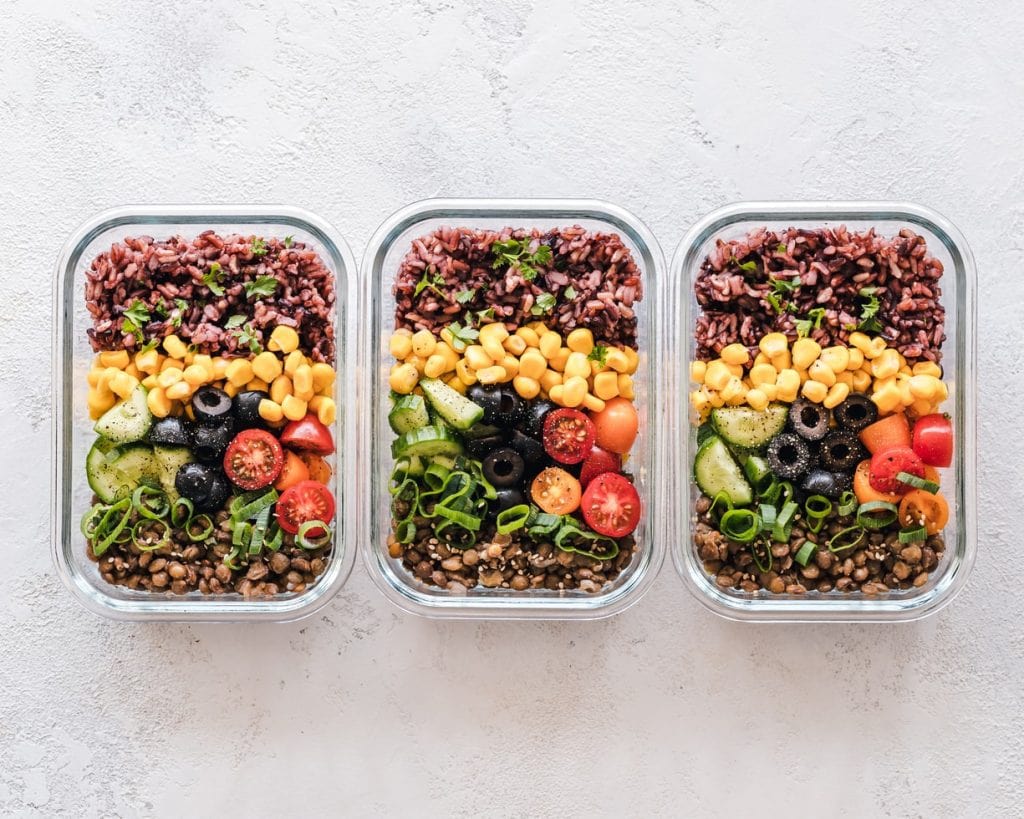How behavioural science can nudge us towards more sustainable choices
The psychology of climate change:
Fascinating research points to new opportunities for food & drink companies to tap the power of psychology in promoting their sustainability efforts.
Psychology associations from 40 countries recently signed a declaration vowing to use their expertise in the fight against climate change. The associations plan to focus on communications strategies about climate change and sustainability as well as advice on how to promote environmentally friendly behaviours.
It’s a project that will be watched with great interest. For some time now, various projects and policy efforts have sought to use psychological insights to drive people towards better choices (David Cameron’s government famously set up a ‘nudge unit’ in 2010). With the climate crisis moving up the agenda, there’s growing interest in how these principles might apply to sustainability – and food sustainability in particular.
A fascinating paper by a group of Belgian researchers from Ghent University recently reviewed and analysed nudging in the context of food sustainability, throwing the spotlight on a number of promising projects.
The surprising power of product bundles
One particularly interesting example concerns the role of product bundles – such as meal kits and recipe boxes – in driving sustainable choices.
This is based on the insight that bundling can help nudge shoppers towards better choices because it simplifies the shopping process and reduces the stress of meal planning. “Packages of sustainable food products might thus be an appealing nudge in making sustainability more convenient,” the researchers write.
Meal kits and recipe boxes are an obvious application of this insight, but partnerships and joint promotions between like-minded, sustainable brands could also be worth exploring.
Equally interesting is the fact that shoppers generally make better choices when shopping online as opposed to in-store. The available research here is based on healthy eating rather than sustainability, but researchers believe the same principles could apply.
Shoppers are more tempted by ‘bad’ choices in-store “because of higher product vividness”, research suggests. In other words, because the in-store environment engages all the senses, while online “products are only symbolically presented”.
“Even the way in which we buy online affects purchases, such that ‘direct touch’ via an iPad has been shown to lead to more unhealthier (v. healthier) choices than ‘indirect touch’ via the mouse of a desktop computer,” the Ghent University team writes, adding more research is now needed to determine if this is also true for sustainable vs unsustainable choices.
Implications for merchandising
If so, the implications for retailers and brands could be far-reaching. What does responsible in-store theatre look like, for example, when you’re trying to help consumers make more sustainable choices?
On the online side, meanwhile, there are interesting questions about how prominence and visibility in search results can help nudge consumers towards more sustainable choices: as well as how online interfaces can be designed to help shoppers identify products that are sustainable.
Packaging design and product descriptions are also critical when it comes to promoting sustainable food, research suggests. With some consumers worried sustainable food might be less tasty, packaging that appeals to the senses (for example with warm and vibrant colours) and focuses on indulgence has been found to perform better than more matter-of-fact executions. “Indulgent descriptions such as ‘slow-roasted caramelised zucchini bites’ increased both the food choice and portion serving in a university cafeteria,” the Belgian researchers write.
There’s even evidence to suggest use of music and sound at fixture could lead to more sustainable choices. “One recent study examined the relationship between nature sounds and the willingness to purchase sustainable products in a field experiment,” the researchers say. “The results showed a medium-size effect for male customers that initially had a lower purchase intention for organic foods.”
Nudging is not a silver bullet
Still, nudging is not a silver bullet. Behavioural economics is a powerful tool, but human behaviour is complex and consumers don’t always behave as expected.
At a recent Guardian roundtable on sustainable food, Tesco CEO Dave Lewis said customers who were nudged towards healthier choices by Tesco’s ‘Helpful Little Swaps’ initiative generally reverted to their previous buying habits once the promotion ended. “Customers don’t always react the way that we may want them to,” Lewis was quoted as saying.
There’s also the risk of compensatory behaviour, where consumers who are nudged towards better choices sometimes feel entitled to be ‘bad’ in other areas.
That behavioural economics and psychology can have some impact on shopper choices is nevertheless encouraging. On an issue as complex and pressing as sustainability, the food industry needs to explore every tool in the toolbox.
After all, lots of small nudges could add up to a big shift in shopper behaviour over time.
Pelican Communications is a specialist in the environment & CSR, food, packaging & logistics and trade association sectors and offers a range of services such as strategy, design, content creation, public relations and people development.
Contact us for marketing and communications expertise.
